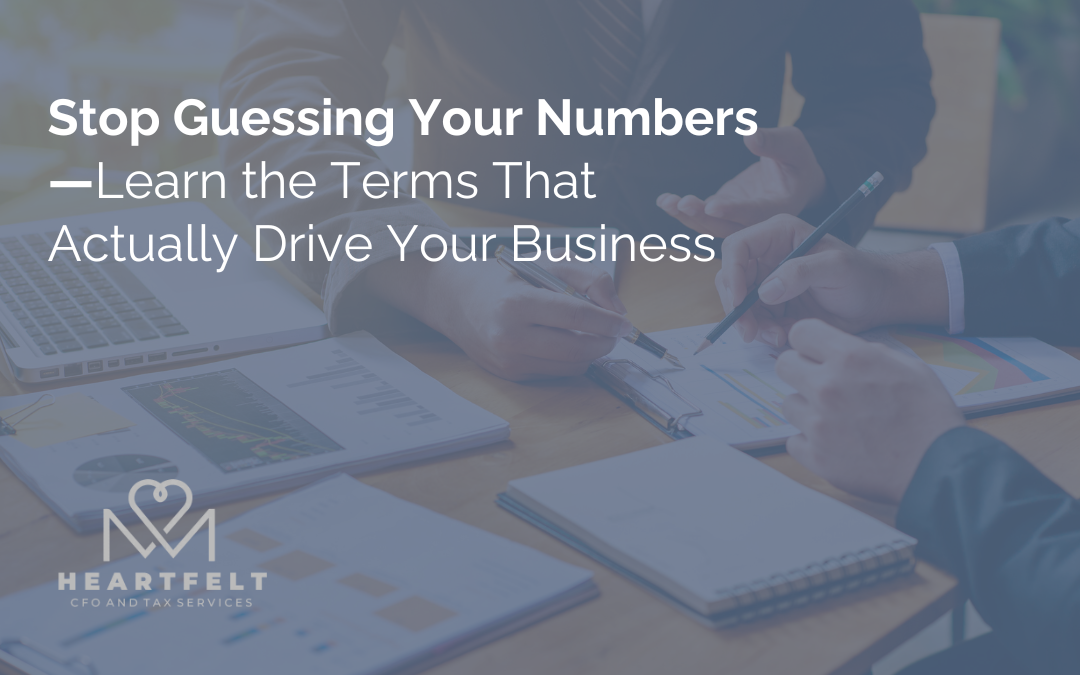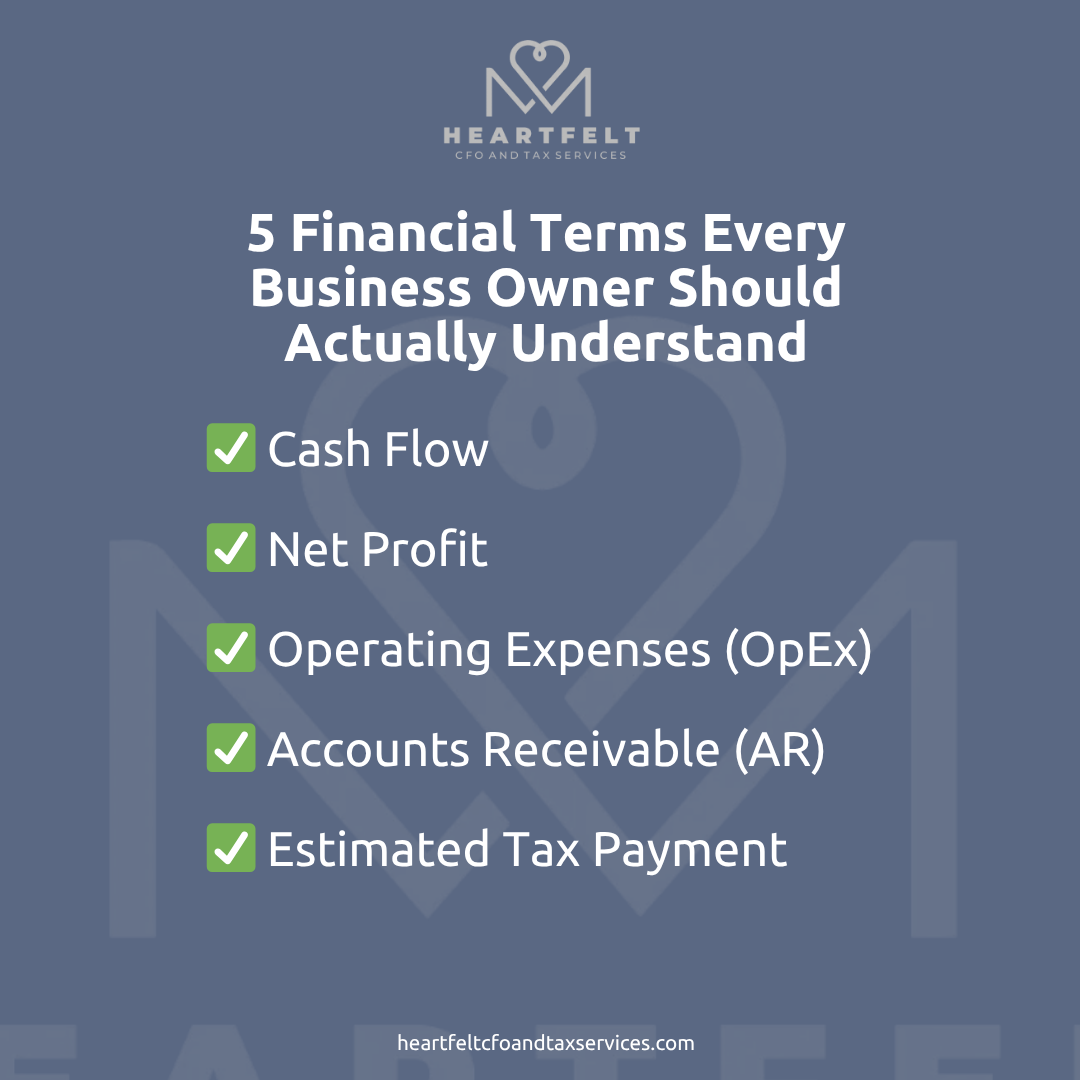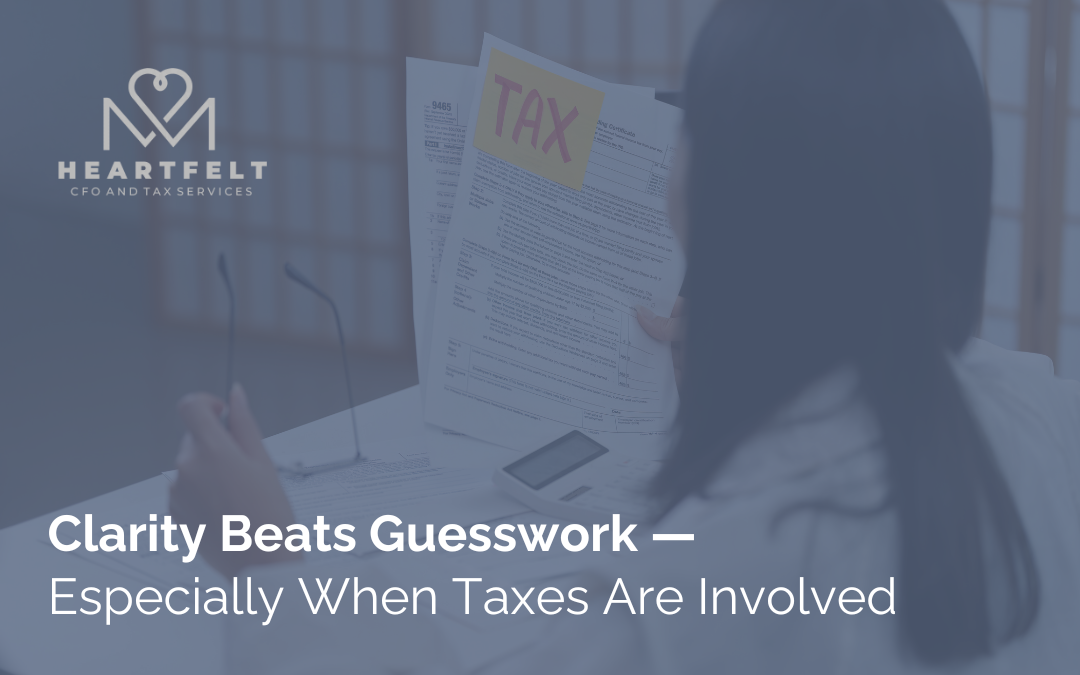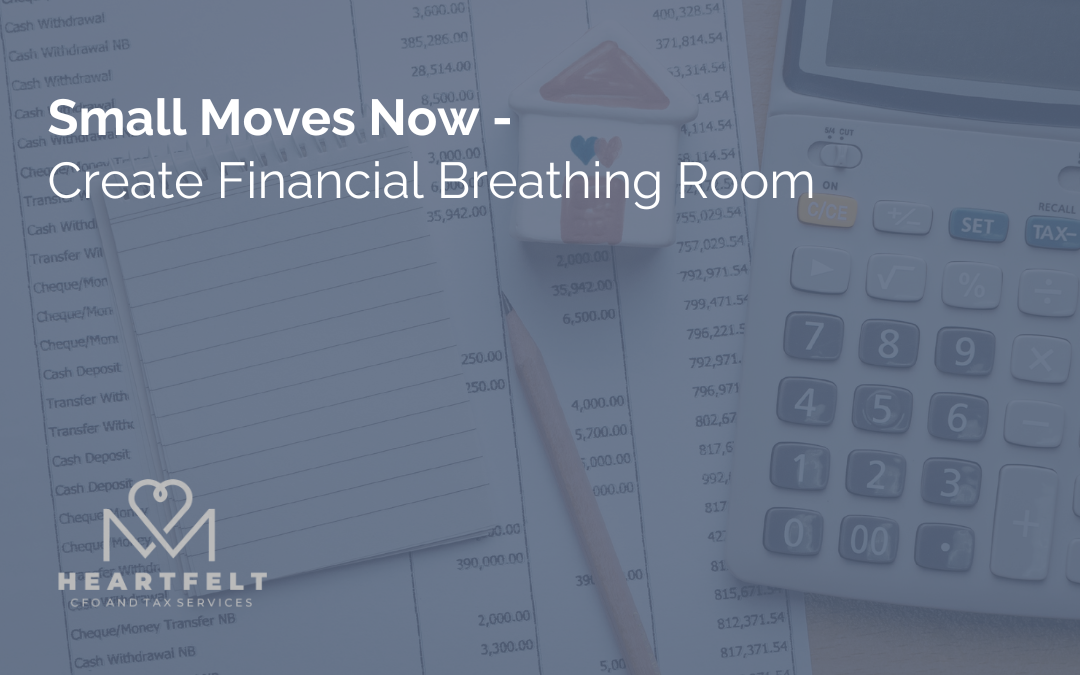Here’s a secret most people won’t admit: business finances are confusing because they’re designed that way.
No one hands you a cheat sheet when you start a business. And unless you’ve studied accounting or finance, you’re probably figuring things out the hard way—through trial, error, and Google.
But here’s the truth: you don’t need to be a finance expert to run a healthy, profitable business. You just need to understand the language well enough to make smart decisions.
These 10 essential finance terms can help you do exactly that—no MBA required.
10 Financial Terms Every Business Owner Should Know
- Cash Flow – This is the money moving in and out of your business. It’s what keeps the lights on—not just your profit. Negative cash flow can tank a profitable business if you’re not paying attention.
- Net Profit (or Net Income) – What’s left after you subtract all expenses from revenue. Think of this as your “real” bottom line. It’s also what you pay taxes on (unless you’re reinvesting in the business).
- Gross Revenue – The total money you bring in before expenses. It’s a vanity metric unless you’re also tracking profit and cash flow.
- Operating Expenses (OpEx) – The ongoing costs to run your business: rent, salaries, software, insurance. Knowing these helps you spot areas to trim (or where to invest strategically).
- Accounts Receivable (AR) – This is money owed to you by customers or clients. If your AR is high but your bank balance is low, you’ve got a cash flow problem—not a sales problem.
- Accounts Payable (AP) – This is what you owe—vendors, contractors, bills. Tracking this helps you manage payment timing and avoid late fees.
- Balance Sheet – A snapshot of your company’s financial health at a specific moment in time. It shows your assets, liabilities, and equity—all in one place.
- Owner’s Equity – This is your stake in the business. It’s what’s left after liabilities are subtracted from assets. Not the same as cash in your pocket, but still an important indicator of value.
- Depreciation – This is how you spread out the cost of large purchases (like equipment or vehicles) over time for tax and accounting purposes.
- Estimated Tax Payments – As a business owner, you’re expected to pay taxes throughout the year, not just in April. Missing these can lead to penalties and surprises.
Why This Matters
Understanding these terms helps you:
✅ Make better business decisions
✅ Avoid nasty tax surprises
✅ Know when to hire help
✅ Spot problems before they get serious
This is the foundation of smart financial reporting and analysis—and it’s how business owners move from reactive to strategic.
If you’re ready to go beyond the basics and build financial systems that grow with you, we can help.
Ready to get ahead of your numbers?
💼 Explore our Proactive Package for monthly bookkeeping and tax strategy support:
👉 https://heartfeltcfoandtaxservices.com/our-packages/
📚 Or dive into our tools and courses designed for business owners who want to get confident with money:
👉 https://heartfeltcfoandtaxservices.com/courses-resources/
👋 Want to talk through your specific concerns in a safe, judgment-free space?
Book a free 30-minute discovery call with Margo:
👉 https://mmcfosolutions.com/discovery-call





